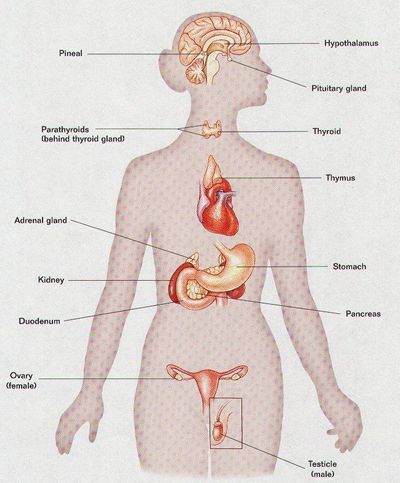WHO: “Mounting Evidence” Endocrine Disrupting Chemicals Harming Human Health
 On Tuesday, and international team of of 16 scientists from 10 nations released a new report that concludes evidence linking hormone-mimicking chemicals to human health problems has grown stronger over the past decade, becoming a "global threat" that should be addressed.
On Tuesday, and international team of of 16 scientists from 10 nations released a new report that concludes evidence linking hormone-mimicking chemicals to human health problems has grown stronger over the past decade, becoming a "global threat" that should be addressed.
A joint effort by the World Health Organization and the United Nations Environment Program, the report is meant to give policymakers the latest information on chemicals that seem to interfere with the normal development of hormones in people and wildlife. It represents a significant change from a previous 2002 report that called such evidence weak.
The panel found that endocrine-related diseases and disorders are on the rise. There is now “emerging evidence for adverse reproductive outcomes” and “mounting evidence" for effects on thyroids, brains and metabolism, the report summary says.
Besides everyday consumer exposure through packaging, cosmetics, and food, local DFW industrial sources for endocrine disrupting chemicals include combustion sources of any kind, waste-burning, oil and gas production, and plastics manufacturing. In fact, it's the ubiquity of the pollutants that makes it hard to tell which exposure can have what health effect.
One problem vexing those who study endocrine-disrupting chemicals is the vast number of them – about 800 are known – and how they may interact with one another. They’re in a variety of goods – such as pesticides, flame retardants, plastics, cosmetics and canned foods – and research has only touched the “tip of the iceberg,” according to the report.
“The vast majority of chemicals in current commercial use have not been tested at all,” the authors wrote in the summary.
“We seem to be accepting as a society that it’s acceptable to load up our next generation with chemicals in an unregulated manner and hope they’re not bad,” said Thomas Zoeller, a professor at the University of Massachusetts, Amherst and a co-author of the report. “We need to change that entire culture.”
